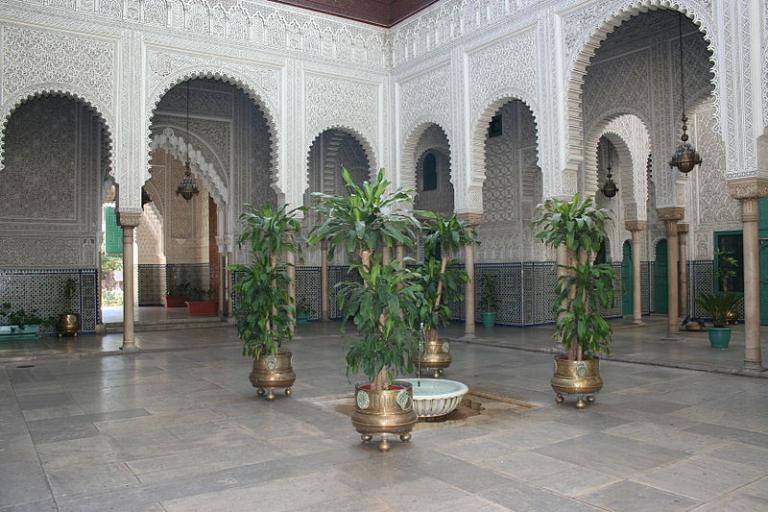
From Michael Bonner, Jihad in Islamic History: Doctrines and Practice (Princeton and Oxford: Princeton University Press, 2006):
How was one to know whether Muhammad’s revelation, the Qur’an, was actually true?
How were people expected to know that these words of Revelation were indeed of divine origin? One answer to the question was that the Prophet Muhammad, through whom the words came into the world, was a trustworthy man whose life and behavior conformed to established patterns of monotheist prophecy. The books of sira [biography] and maghazi [specifically military biography, literally “raids” or “campaigns”] provided what one needed to know about this exemplary life and behavior. Then what if someone wished to put Muhammad’s credentials as a prophet to the test? In that case, one proof came in the Quran itself (the famous “challenge verses”): doubters were challenged to produce Arabic words of similar quality and beauty; their failure to do this confirmed the authenticity of both the Messenger and the Message. (36-37)
There is an obvious parallel in Latter-day Saint history, which I think I’ll discuss soon, in another post.
And then there is this challenge for historians:
The early Islamic conquests are a transforming event in history. They are also difficult to explain. How could a people who had lived for so long on the margins of the civilized world rise suddenly to defeat the two superpowers of the day, the Byzantine (East Roman) and Sasanian (Persian) empires? Where did they find the manpower to invade and overrun so many lands? And, most surprising of all, how did they then keep control over those lands and ultimately transform them? For even in defeat, the empires had reason to believe that the alien conquerers would eventually ask for nothing better than inclusion in the conquered empire for themselves, just as the Germanic intruders in the west had once settled on Roman lands, adapted Roman law to their own use, and eventually taken Romance dialects and Latin as their speech and Catholicism as their religion. Yet not only did the Arabs continue to speak Arabic, but many of the conquered countries also became Arabic-speaking after two or three centuries, while the religion of Islam came to extend over a majority of the population. This does not mean that the new Islamic civilization was not the result of cultural and ethnic mixing. It was this indeed, just like its Christian, western European counterpart. However, its pattern is different, and calls for explanation. (56)










